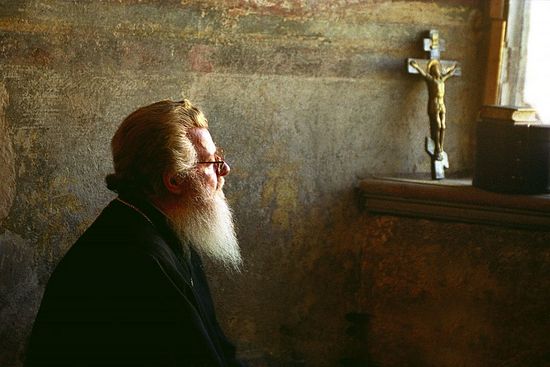We talked late into the evening at college so many years ago. We explored the place of Jesus in our faith, the role of the church, how Jesus could be called divine. These were matters of life and death. One of our conversation partners was my friend James, now of blessed memory. Urbane, sophisticated, slightly aloof, James was one of the smartest men in our class. Late one night four of us debated fine points of theology as only seniors can do. Suddenly, James said, “I won’t debate this any more. I’m willing to accept the basics and move on. Life is too short to endlessly argue what the church settled over a thousand years ago.”
James went on to earn a Ph.D., as he had planned, seven years after we graduated from seminary, in the shortest time he could manage at Johns Hopkins. Subsequently he taught for a quarter century in another country, unable to obtain a position in the US because he had been educated beyond the presuppositions of our church – as we all had been, in one way or another.
This much you must know: we did not accept the church’s faith without deep questioning, argument, and exploration. Professors at that college, which no longer exists, drove us to think, and think again, about matters of faith from many angles: psychological, philosophical, linguistic, scientific. They pushed us to the limit so that we could affirm the core faith in the midst of doubt, affirm tradition in the midst of novelty, and use our questions to move more deeply into that tradition. This was no easy task. Folks fell by the wayside, some who could not accept the challenge, and some who could not surmount the scholastic rigors. Many of us eventually became unacceptable to the church of our youth, although – here’s the point – we did not give up the faith. We built on the platform, as James suggested so many years ago.
This idea of a platform may be hard to comprehend; we are a quizzical and cynical society, and most people will not accept the church’s platform as foundational. But those who went before us were not our intellectual inferiors. Those teachers toiled intellectually for centuries to construct a platform that would withstand the passage of time and the erosion of simplistic faith. They did not ask for mindless, uncritical acceptance.
James’s insight remains quite acceptable to me fifty years after he said it. Life is too short to endlessly argue what the church settled over a thousand years ago. The platform for full-bodied, robust faith does not offer security, it offers a springboard for development.
I see and hear many people who want to construct their own personal platform of faith. But that means they have to start from square one every time they think about faith. Nothing is ever settled, nothing ever solid as a platform to walk on. Everything is based on starting over and so you make faith up as you go along, or so it seems. And you never get beyond square one. I speak against this restless and endless reliance upon the inventions of our own minds. There is solid rock beneath us if we take the time to work with it.
The platform? Some call it the creed. It is a summary of faith that rests on the witness of the Bible, especially the New Testament, to the faith received from Israel and in and through Jesus of Nazareth, “true God and true man.” Yes it is historically conditioned. Yes it requires interpretation. But it remains the platform from which the faith can expand into all of life rather than implode upon itself. You don’t have to start over again every time. The rock is there.

















